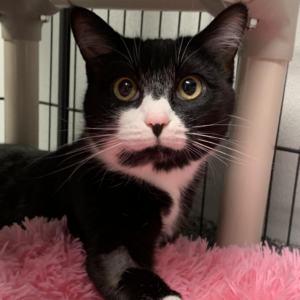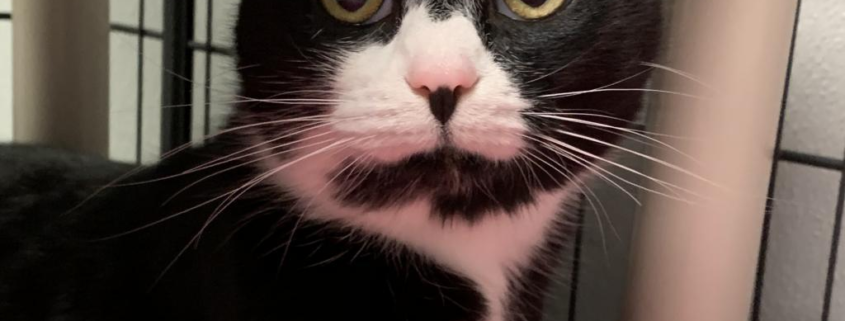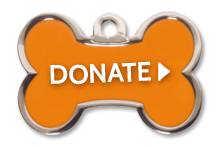COVID-19: People and Pets FAQ with Dr. Herron
COVID-19: People and Pets FAQ with Dr. Herron
 Thanks to Dr. Herron for compiling a quick FAQ for pet owners about COVID-19. Dr. Herron practices in the Henderson County area and donates her time to assist us with Adoption Center medical care, the Low Cost Vaccine Clinic, and more. We are grateful for her help!
Thanks to Dr. Herron for compiling a quick FAQ for pet owners about COVID-19. Dr. Herron practices in the Henderson County area and donates her time to assist us with Adoption Center medical care, the Low Cost Vaccine Clinic, and more. We are grateful for her help!
What causes COVID-19?
- It is caused by the virus SARS-CoV-2. Bats most likely caused initial spread to people.
Is COVID-19 the same as the coronavirus that dogs and cats are known to get?
- No. The known coronavirus in dogs and cats is completely different and is usually mild.
Can pets get SARS-CoV-2?
- We do not have a clear answer at this time. Currently, there is no evidence that pets can become sick.
What about the dog that tested positive in China?
- The World Health Organization determined PETS ARE EXTREMELY UNLIKELY TO CONTRACT COVID-19.
- Hong Kong’s Agriculture, Fisheries, and Conservation Department reported that a 17-year-old Pomeranian that tested “weak positive” over several days of repeated testing.
- Testing doesn’t distinguish between active virus or harmless fragments of virus.
- The dog showed NO signs of being ill from the virus.
Can pets spread the virus to other pets or people?
- There is NO evidence that pets can act as a source of infection or spread COVID-19.
- However, because animals can spread other diseases to people/animals and vice versa, it’s a good idea to always wash your hands before and after interacting with animals.
If I am ill with COVID-19 are there special precautions I should take to prevent spreading disease, including when caring for my pet?
- If you are already sick with COVID-19, be careful to avoid transmission to other people.
- Use common sense:
- Stay at home except to get medical care
- Minimize contact with other people and pets.
- Wear a facemask when you are around other people or pets.
- Wash your hands often and use hand sanitizer.
- Use a tissue if you need to cough or sneeze and dispose of it in the trash.
- Cough/sneeze into your elbow or sleeve rather than directly at a person or pet.
- If you go to the doctor, tell them that you have a pet
What do I do if I think my pet is ill from COVID-19?
- Immediately seek assistance from your veterinarian and public health official. CALL your veterinarian before going to the clinic.
What precautions should be taken for animals imported from high-risk areas?
- Any animals imported into the United States will need to meet CDC and USDA requirements for entering the United States.
- Recently imported animals should be observed daily for signs of illness.
- If an animal becomes ill, the animal should be examined by a veterinarian.
- Let your vet know that the animal was imported from a high-risk area.
Is testing available for animals in the United States?
- No testing is available in the United States, but tests are being developed. More information is expected. Authorization may need to be obtained from a public health or state veterinarian prior to testing.
For more resources and pet preparedness tips visit www.blueridgehumane.org







